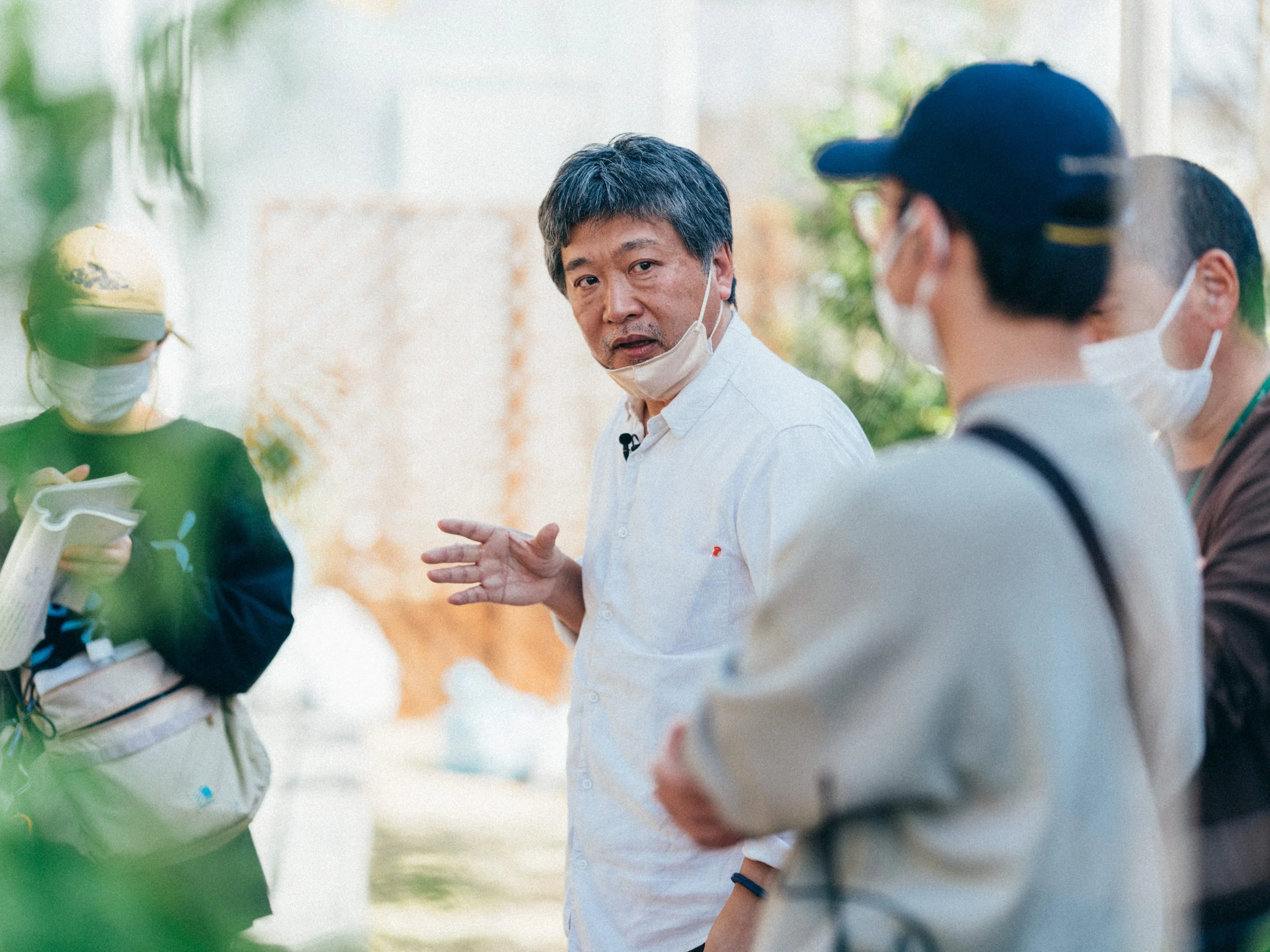
Directing “Monster” | A conversation with Hirokazu Kore-Eda
Monster, directed by Hirokazu Kore-Eda is out today in UK and Irish cinemas. If the title gives you pause, don’t let it. This unique story, about a boy whose sudden change in behaviour sets his mother on a quest to uncover if something sinister is going on at his school, comes from writer Yuji Sakamoto and is the last film to be scored by lauded composer Ryuichi Sakamoto, who died on March 28, 2023.
Kore-Eda’s name alone tends to put butts in cinema seats, including abroad where he is best known for his work on critically-acclaimed films like Shoplifters and Broker. With Monster, Kore-Eda has turned his directing and editing prowess onto the world of another creator, and come away with something simply astounding.
Ahead of the film’s release, Kore-Eda delves into the themes of his work and what made Monster a unique project.
Spoilers for Monster follow.

As a director, how much work do you have to do to balance the different narratives that unfold in Monster?
I think that was already there in the script in the structure. When I first read the story, before there was a screenplay when it was still a 30-page treatment. I got halfway through reading. And I thought, “I know there’s something going on here. But I don’t know what it is what’s going on.” And it was so exciting to read. It was a real page-turner, and that was something that I hadn’t experienced before. It was new and exciting. And so I think what I was just focused on was making sure that the audience felt that same thing, that when they got halfway through, an hour into the film, that they were feeling the same way that that I had felt when I first read the plot.
People might be inclined to describe what happens as a ‘plot twist’, but it feels more like an unfurling than that. Were you worried that audiences who knew this element of the narrative would be looking for clues or hints about what’s to come?
I think if people realise it’s a clue, if people are actively looking for clues, then it stops being a clue. So it was more about how to keep moving forward, especially in the first chapter. Because by the end of the first chapter, we still don’t know what has happened. And we still don’t know what’s going on at the school. But I still needed to keep the audience engaged, so they wanted to know what was happening.
And to do that, I tried to film it in a way that the audience is experiencing the same thing as the mother. They’re experiencing her narrow viewpoint. And that was a discussion that I had with the cinematographer, because by the time we get to the third chapter, the camera has a much broader angle, is much freer, and it follows the children around. But in the first chapter, the viewpoint that we have is very narrow. It’s how the camera work changes through the three chapters.

A lot of critics have pointed out themes of family or found families in your work, is that something you’re actively looking to pursue in your work?
That’s not something I seek out. I don’t think of myself as a director of movies about family. And in this film, I didn’t think of family as being that important of an element of the movie. For Mugino, the main boy, the gap left by his dead father, the fact that his mother obviously looks up to his father, and the guilt that he feels and not being able to be like his dad is very important to him as a character.
In Monster, there’s a lot of importance placed on this dilapidated train car, which for me was a very evocative image.
Trains are my favourite form of transport. The train was already there, Sakamoto had written that in already. But I think the fact that it doesn’t move is important, that it’s going nowhere, and that is the only place where the boys can be themselves. What’s also important, I think, is the fact that at the end, they leave the carriage they get out of there, they get off the train, and they run.
There was a moment towards the end when I thought that maybe the boys didn’t survive, there was a kind of ambiguity in the end which maybe I read into being overly anxious and used to seeing LGBTQ stories end in death. But it also presents as a potentially literal, not just metaphorical, rebirth.
Since this film premiered at Cannes a lot of people have asked me have come up to me and said ‘They’re not dead, are they?’ And their opinion has been more divided on that than I expected. But personally, I don’t mind if [the audiences] think they’re dead or alive.
For me, they’re not dead. This is them affirming themselves. And the light that they run through is a celebration of that. Although it turns out that it does look a bit like it could be the next world! What’s important is that they achieved that affirmation of who they are.

Monster is out now in UK cinemas.
Interview Gabriella Geisinger





